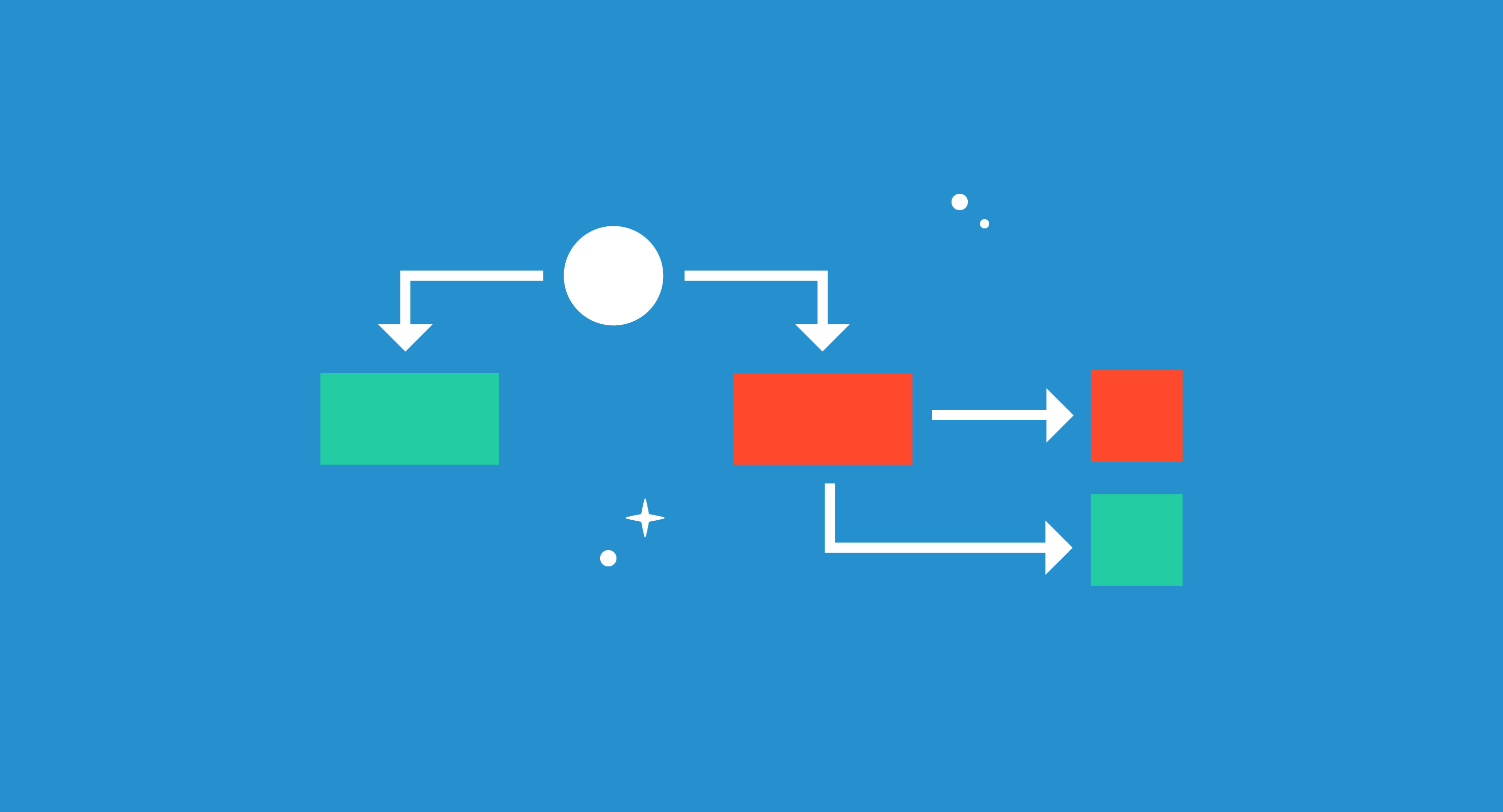Transforming Performance Appraisal Systems with AI Workflow Automation
Business News
Organizations are constantly seeking innovative ways to streamline operations and enhance productivity. One area that has seen significant transformation is the performance appraisal system. Traditionally, these systems have been manual, time-consuming, and often prone to bias. However, with the advent of AI workflow automation, companies are now able to revolutionize their performance appraisal processes, making them more efficient, accurate, and employee-centric.
Performance appraisal systems are crucial for evaluating employee performance, identifying areas for improvement, and recognizing achievements. However, the manual approach often leads to inconsistencies and delays. By integrating performance appraisal systems with AI workflow automation, organizations can automate repetitive tasks, reduce human error, and ensure a more objective evaluation process. This not only saves time but also enhances the overall effectiveness of the appraisal system.
AI workflow automation leverages advanced algorithms and machine learning to analyze vast amounts of data, providing insights that were previously unattainable. This technology can track employee performance in real-time, identify patterns, and generate comprehensive reports. By doing so, it enables managers to make data-driven decisions, fostering a culture of continuous improvement and transparency. The integration of AI into performance appraisal systems is not just a trend; it’s a game-changer that is reshaping the future of workforce management.
The Benefits of AI-Driven Performance Appraisal Systems
One of the most significant advantages of AI-driven performance appraisal systems is their ability to eliminate bias. Traditional appraisal methods often suffer from subjective judgments, which can lead to unfair evaluations. AI, on the other hand, relies on data and algorithms, ensuring that each employee is assessed based on objective criteria. This fosters a sense of fairness and equity within the organization, boosting employee morale and engagement.
Another key benefit is the automation of routine tasks. AI workflow automation can handle tasks such as data collection, analysis, and report generation, freeing up valuable time for HR professionals and managers. This allows them to focus on more strategic activities, such as employee development and talent management. Additionally, AI can provide personalized feedback to employees, helping them understand their strengths and areas for improvement in a more meaningful way.
Real-time performance tracking is another feature that sets AI-driven appraisal systems apart. Unlike traditional methods that rely on periodic reviews, AI can monitor employee performance continuously. This enables managers to identify issues early on and take proactive measures to address them. Moreover, real-time tracking provides employees with immediate feedback, allowing them to make adjustments and improve their performance on the go.
Implementing AI Workflow Automation in Your Organization
Implementing AI workflow automation in your organization’s performance appraisal system requires careful planning and execution. The first step is to assess your current appraisal process and identify areas that can benefit from automation. This could include data collection, analysis, feedback generation, and reporting. Once you have identified these areas, you can explore AI solutions that align with your organization’s needs and goals.
It’s also essential to involve key stakeholders in the implementation process. This includes HR professionals, managers, and employees. Providing training and support is crucial to ensure that everyone understands how to use the new system effectively. Additionally, it’s important to communicate the benefits of AI-driven appraisal systems to employees, addressing any concerns they may have and emphasizing the positive impact on their professional development.
Finally, continuous monitoring and evaluation are necessary to ensure that the AI-driven appraisal system is delivering the desired results. Regularly reviewing the system’s performance and making adjustments as needed will help you maximize its potential and achieve long-term success.
Conclusion
The integration of AI workflow automation into performance appraisal systems is transforming the way organizations evaluate and manage employee performance. By eliminating bias, automating routine tasks, and providing real-time insights, AI-driven systems are enhancing efficiency, accuracy, and employee engagement. As businesses continue to embrace digital transformation, the adoption of AI in performance appraisal systems will become increasingly essential. To stay ahead of the curve, consider exploring the innovative solutions offered by Cflowapps and Cflowapps, and take the first step towards revolutionizing your organization’s performance management process.
